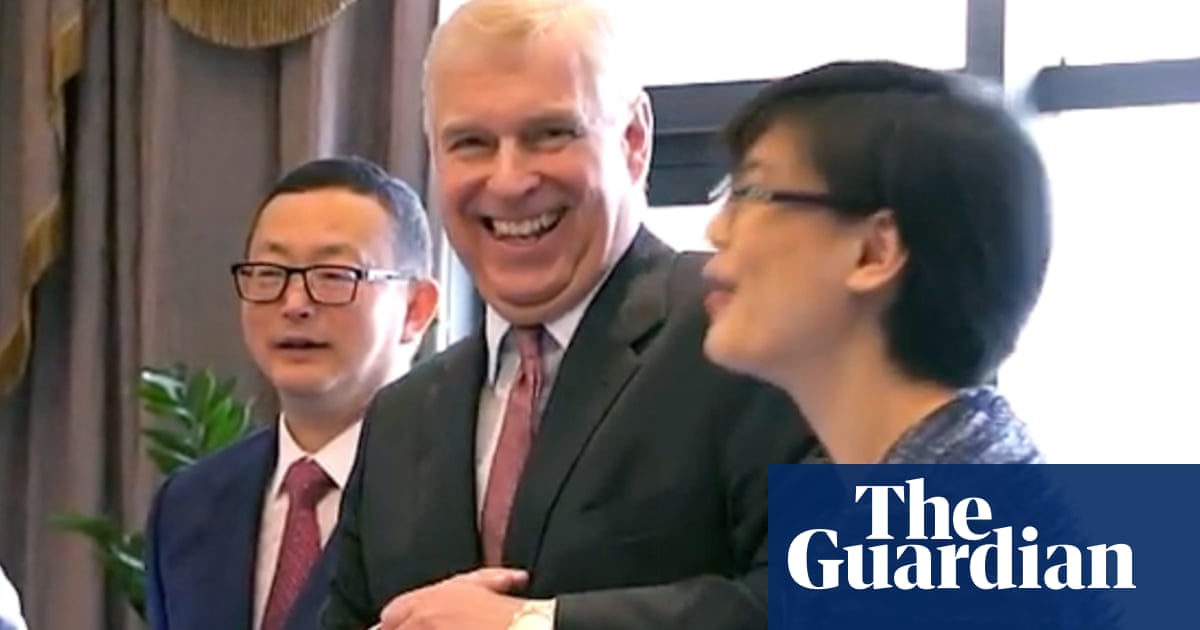When Donald Trump stood before union auto workers in the Rose Garden he declared “Liberation Day”, promising to stand up for Main Street. Whether that pledge will be fulfilled is moot. He will declare victory either way. What the US president offered was not just an economic programme, but an imperial one.
Mr Trump’s logic, if it exists, lies in the 397-page report on “foreign trade barriers” he brandished on Wednesday. Its message is brutally simple: you may sell your goods to Walmart shoppers, but only if you let US cloud services hoover up your data, US media flood your screens and US tech monopolies operate on their terms – not yours. TikTok is the test case for Trump’s platform nationalism: only US firms may mine data, reap profits and rule the digital empire.
A one-week ultimatum and a fabricated national emergency lay bare the theatrics driving Mr Trump’s agenda. The US president’s proposed tariffs and economic nationalism are not about correcting trade imbalances; they are about coercing others into accepting American economic dominance – without requiring the US to sacrifice its domestic advantage.
The US continues to run goods deficits not because it “borrows” from abroad, but because the rest of the world willingly exchanges real goods for dollars it cannot issue. Mr Trump demands tribute for that privilege: control over digital infrastructure, forced access for hi-tech rentiers and suppression of rival technologies. The realpolitik is that you can sell to American consumers – but only if you buy into American rules, platforms and financial dependencies. Though Mr Trump’s foreign policy is transactional, its domestic effect will probably be transformative – and not in a good way. Tariffs raise prices for everyone, especially the poor, while shielding local producers from competition. Meanwhile, as Mr Trump made clear, the revenues are earmarked not for public investment or industrial policy, but for tax cuts that benefit the wealthy. In this regime, tariffs redistribute upward: the poor pay more, so billionaires pay less.
This is not so much anti-globalist as post-globalist. It seeks not withdrawal from the world, but a world that submits to new terms. The US empire still earns – but now demands more and spends less. Foreign aid is slashed and multilateral rules are replaced by bilateral bargains struck at speed. If allies want to trade, they must also license Google Cloud services, buy Boeing jets and resist Chinese influence. Trade, technology and security are bundled into a single, rent-seeking foreign policy.
Markets, however, are less convinced – and their continued crashing reflects not just recession fears, but a dawning recognition that this model is not a one-quarter adjustment. It is a paradigm shift. The pain, even Mr Trump concedes, may be real. But for him, pain is purgative. It disciplines labour, justifies austerity and remakes the economy in the image of the deal.
China’s retaliatory tariffs raise the prospect of a dangerous trade war. But Beijing is signalling that if it can’t win in the US-led system, it will build its own. For other major economies, including the UK, the task is not to replicate American leverage, but to reduce dependence on it – by deepening regional integration, investing in technological autonomy and limiting exposure to US-controlled chokepoints in finance, tech and defence. Resistance may provoke retaliation, but submission ensures subordination. In the long run, strategic cooperation – not bilateral concession – is the only durable answer to tariff imperialism.

.png) 6 hours ago
3
6 hours ago
3













































